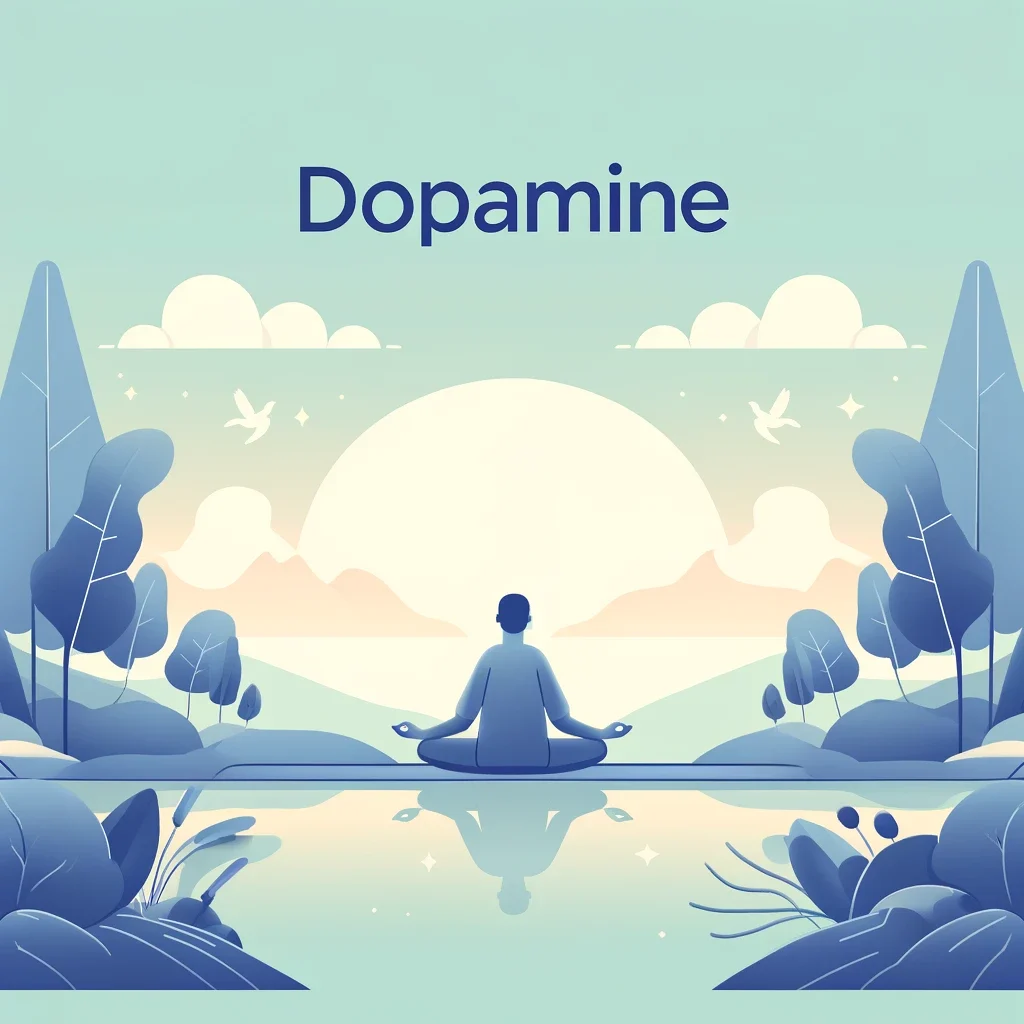Ever wonder why some folks seem wired to embrace the grind, while the rest of us can barely muster the energy to think about it, much less enjoy it? What if I told you there’s a secret sauce to flipping the script on hard tasks, making them feel less like a mountain and more like a molehill?

Now, don’t get me wrong. Give me a choice between diving into the endless abyss of social media or conquering the latest video game level, and I’m all in. Hours in front of the screen? Piece of cake.
But the mere thought of hitting the books for an hour or sketching plans for my side hustle? Suddenly, I’m inventing chores to avoid it.
You might be scratching your head, thinking, “Has she unlocked some sort of psychic power, or did she fall down a YouTube rabbit hole of mind-control hacks?” Well, as tantalizing as a secret school for mind wizards sounds, the truth is a tad more grounded.
Let’s be real: Deep down, we all know that the hard stuff—studying, working out, building something from the ground up—pays dividends in the end. Yet, somehow, the call of Netflix or the latest gaming saga is irresistible. [Yep, I’m raising my hand here, too. Guilty.]
But then, there are those enigmatic souls who seem to relish in what many of us avoid. What’s their secret? Is there a way to make the hard stuff not just tolerable, but enjoyable? Stick with me, and let’s unravel this mystery together.
The Dopamine Dilemma
At the heart of this conundrum is dopamine, often dubbed the “feel-good” neurotransmitter. But dopamine’s role isn’t just about pleasure; it’s the driving force behind our desires and motivation. Its power is undeniable, yet its influence is a double-edged sword.
Consider this: scientists have observed rats becoming so obsessed with dopamine stimulation that they’d forsake food and sleep, pressing a lever until exhaustion. Conversely, when dopamine was dialed down, these same rats lost all zest for life, showing interest in nothing, not even the basics of survival.
These experiments might seem extreme, but they mirror our own battles with dopamine’s highs and lows. Ever noticed how your brain prioritizes activities that promise an instant dopamine hit over those with delayed gratification?
This constant dopamine chase leads us to a pivotal question: if our daily digital dives—scrolling, gaming, binge-watching—are spiking our dopamine to the max, what happens to our motivation for the less stimulating, albeit important, tasks?
The Tolerance Trap
Just as our bodies strive for balance through homeostasis, our brains attempt to maintain a dopamine equilibrium. Highs become the new normal, desensitizing us to lower-dopamine activities. The result? A motivation mismatch, where only the highest highs can spark our interest.
This explains why a cozy gaming session feels infinitely more appealing than cracking open a textbook. Our brains have been conditioned to crave the dopamine rush, sidelining activities that don’t deliver the same level of immediate satisfaction.
The Dopamine Detox: Resetting Your Reward System
So, what’s the antidote to this dopamine dilemma? Enter the dopamine detox. Imagine taking a day to strip back all high-dopamine activities, recalibrating your brain’s reward system. No internet, no screens, just you, your thoughts, and the simpler things in life—walking, reflecting, jotting down ideas.
It sounds daunting, but the principle is simple: by removing the noise, you reset your dopamine levels, making those once-dreaded tasks surprisingly appealing. It’s like craving a simple bowl of rice after a week of gourmet meals—it suddenly doesn’t seem so bland.
Finding Balance: The Moderation Method
Not ready for a full detox? Try a mini version. Pick one day a week to abstain from a particular high-dopamine activity. This slight adjustment can give your brain the break it needs to appreciate the lower-dopamine tasks, turning “have to” into “want to.”
In the end, it’s about moderation and mindful choices. Reward yourself with high-dopamine activities after tackling the lower-dopamine tasks. This way, you create a balanced cycle of productivity and pleasure.
The Bottom Line
We’re all dopamine chasers to some degree, and that’s not inherently bad. Dopamine drives us to achieve and improve. But in a world where high-dopamine temptations are at our fingertips, choosing where to focus our efforts is crucial.
It boils down to this: moderation, mindfulness, and occasionally hitting the pause button on our high-dopamine habits can rewire us to find joy in the grind. So, what’s it going to be? The choice, as always, is yours.
